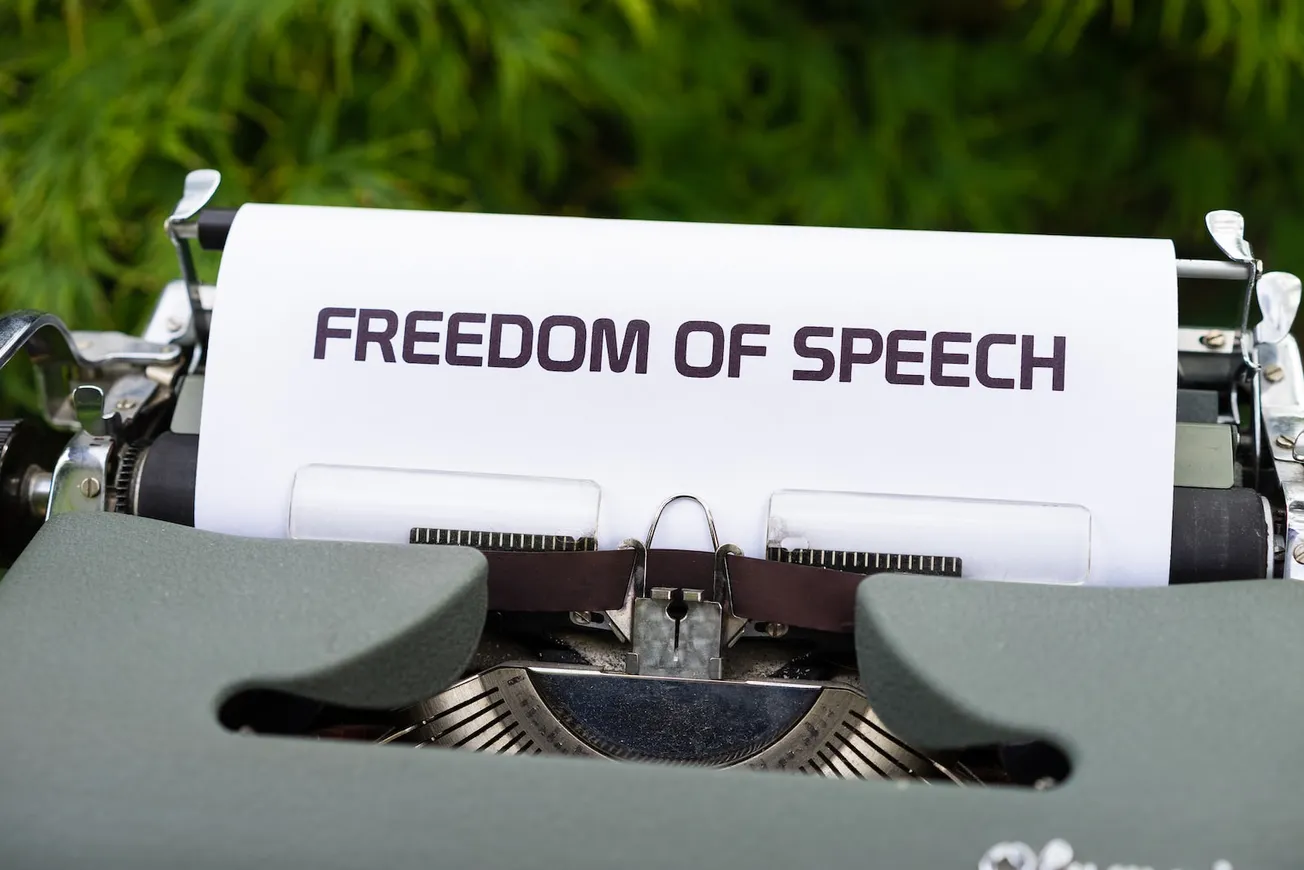Table of Contents
The Rutherford Institute, a nonprofit civil liberties organization, provides legal assistance at no charge to individuals whose constitutional rights have been threatened or violated and educates the public on a wide spectrum of issues affecting their freedoms.
WASHINGTON, DC
The US Supreme Court has given government officials the green light to obstruct citizens from voting at polling places based on the content of speech displayed on their clothing.
By refusing to hear an appeal in Ostrewich v Hudspeth, the US Supreme Court has laid the groundwork for citizens to be prevented from voting merely by wearing something expressive on their clothing that might relate to an item on a ballot. In a joint amicus brief with Justice and Freedom Fund and World Faith Foundation, The Rutherford Institute warned against electioneering laws that give government officials too much discretion to engage in viewpoint discrimination of voters. Conceivably, just the act of wearing a MAGA hat, a Taylor Swift t-shirt, or other apparel that could be perceived by a poll worker as sending a political message could get one criminally prosecuted or prevented from voting in some states.
“These polling place laws can be so vague as to prohibit citizens from voting merely for wearing clothing with images of Martin Luther King Jr or John Lennon that could be considered ‘relating to’ an item on the ballot” said constitutional attorney John W Whitehead, president of The Rutherford Institute and author of Battlefield America: The War on the American People. “Yet political speech, especially speech critical of the government, is a constitutional virtue, not a harm. These bans on the passive act of displaying speech, political or otherwise, at a polling place are an affront to the right to political free speech protected by the First Amendment.”
Free expression at polling places has become a contentious issue in recent years, with controversies over “ballot selfies,” the wearing of political apparel to polling places, and even apparel that does not explicitly reference candidates, ballot issues, or politics. For example, when Linda McMahon, the wife of World Wrestling Entertainment chairman Vince McMahon, ran for the US Senate, there were questions over whether voters in Connecticut could be turned away for wearing WWE merchandise. In Georgia, a man was ordered to remove his NRA hat while going to vote. In Texas, it is a criminal misdemeanor for a person to merely wear a badge, insignia, emblem, or other similar communicative device “relating to” a candidate, measure, or political party appearing on the ballot, or to the conduct of the election, within the polling place or within 100 feet of any outside door through which a voter may enter.
In 2018, Jillian Ostrewich, the wife of a firefighter, was prevented from voting while wearing a shirt that contained a union logo and the words “Houston Fire Fighters” because the ballot contained a proposition to guarantee Houston’s firefighters pay parity with the city’s police officers. In order to vote, Ostrewich had to turn her shirt inside-out. Ostrewich subsequently filed suit, alleging that she was unconstitutionally censored and that Texas’s electioneering laws chilled her right to free speech. However, the Fifth Circuit Court of Appeals found the laws to be constitutional. Although the Supreme Court ruled in 2018 to strike down as unconstitutionally vague a Minnesota law that banned political speech on any badge, button, shirt, or hat worn at election polling stations, the Court refused to hear the appeal in Ostrewich, letting that ruling stand and thus allowing for such laws with a slightly narrower scope than Minnesota’s to continue to be enforced.
Attorneys Deborah J. Dewart and James L. Hirsen of the Justice and Freedom Fund helped advance the amici arguments in the Ostrewich v. Hudspeth brief.









